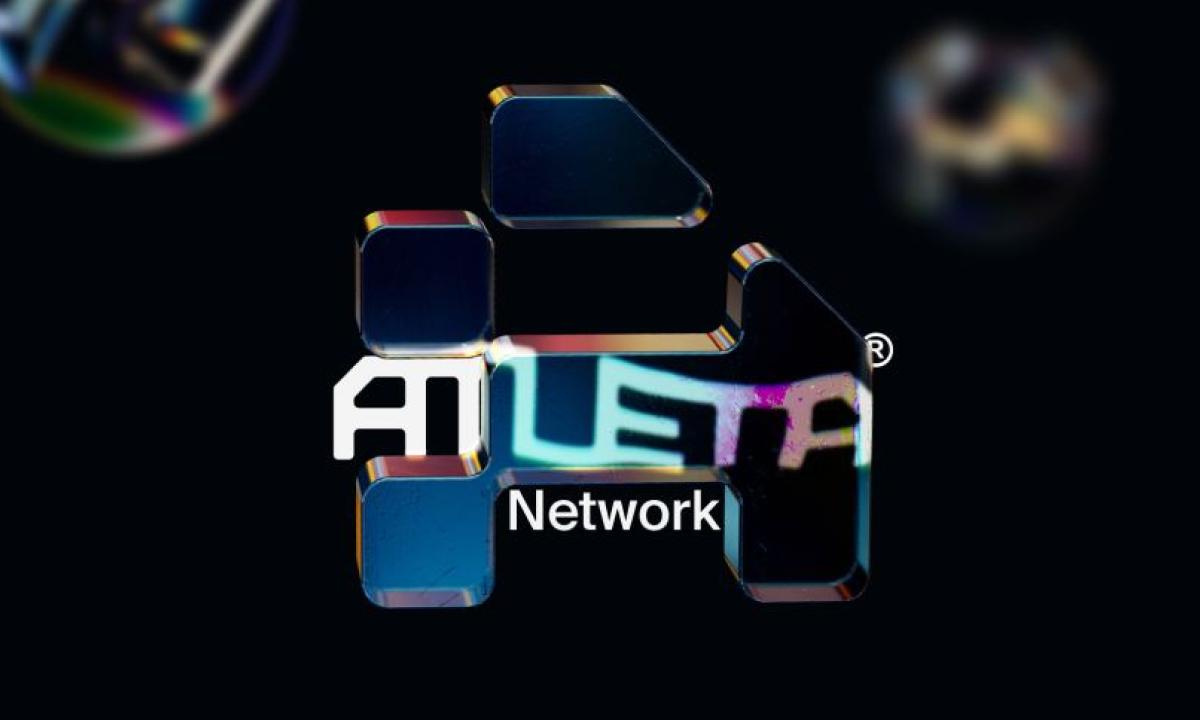

Ethereum co-founder Vitalik Buterin recently outlined the future steps towards streamlining the Ethereum protocol and reducing the resource requirements for nodes, in a process known as the Purge.
This initiative is a crucial phase in Ethereum’s evolution, aimed at eliminating obsolete network history and simplifying the system over time.
By discarding old data, the Purge significantly cuts down on the storage needs for nodes and reduces the protocol’s technical complexity.
During the Dencun hard fork, the implementation of Ethereum Improvement Proposal (EIP)-6780 marked a significant step towards simplification by phasing out many functions of the “SELFDESTRUCT” code.
Buterin highlighted the benefits of this move, stating, “it simplified the protocol by removing complexity and adding new security guarantees.”
He anticipates further progress with a new EIP that aims to completely do away with the SELFDESTRUCT code, thereby increasing the storage capacity of each Ethereum block.
Furthermore, the Purge introduces a mechanism for expiring old data through EIP-4444, allowing nodes to discard blocks older than one year.
READ MORE: How to Earn Real Crypto Trading Futures?
This change means that only recent blocks are necessary for nodes to stay synchronized with the chain’s current state unless specific historical data is requested.
Buterin expressed optimism about this development’s impact on decentralizing Ethereum’s node network, suggesting that it could maintain or even increase the network-wide distribution of historical data pieces.
Buterin also mentioned significant codebase reductions in Geth, Ethereum’s most popular client, by eliminating support for pre-Merge (proof-of-work) networks, and discussed a new 18-day storage policy for blobs post-Dencun, aiming to halve node data bandwidth to 50 gigabytes.
Lastly, he touched upon the need to remove precompiled contracts, which were initially designed for complex cryptographic operations not supported by the Ethereum Virtual Machine (EVM).
According to Buterin, the demand for these contracts has waned, and they have become a major source of bugs and challenges for new EVM implementations.
This move is seen as another step towards simplifying and securing the Ethereum network, as Buterin continues to push for improvements that enhance efficiency and security.
To submit a crypto press release (PR), send an email to [email protected].
Disclaimer: This article is provided for informational purposes only. It is not offered or intended to be used as legal, tax, investment, financial, or other advice.
Read on Crypto Intelligence Investment Disclaimer




